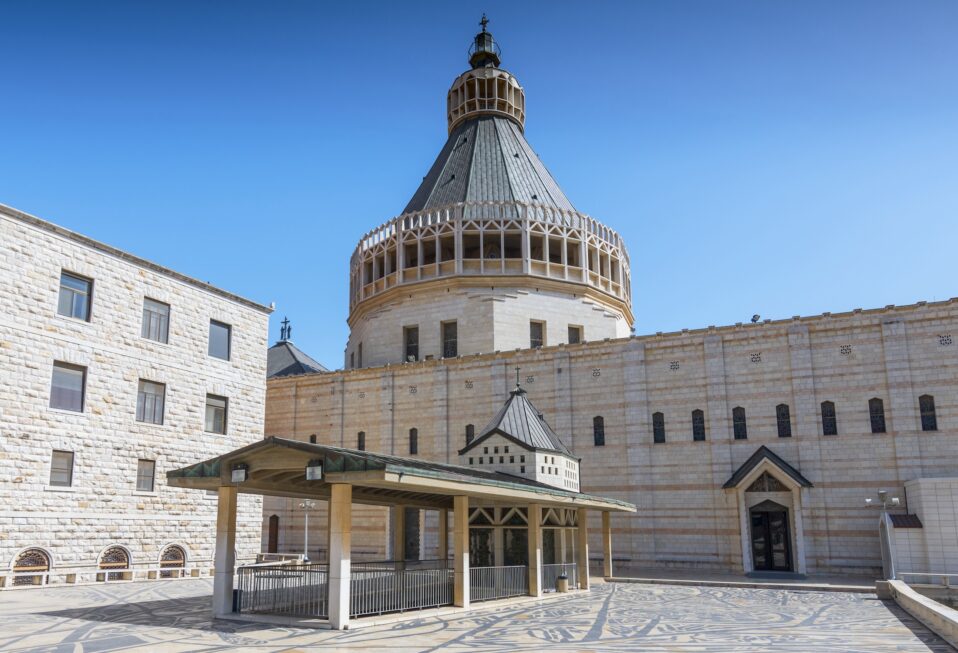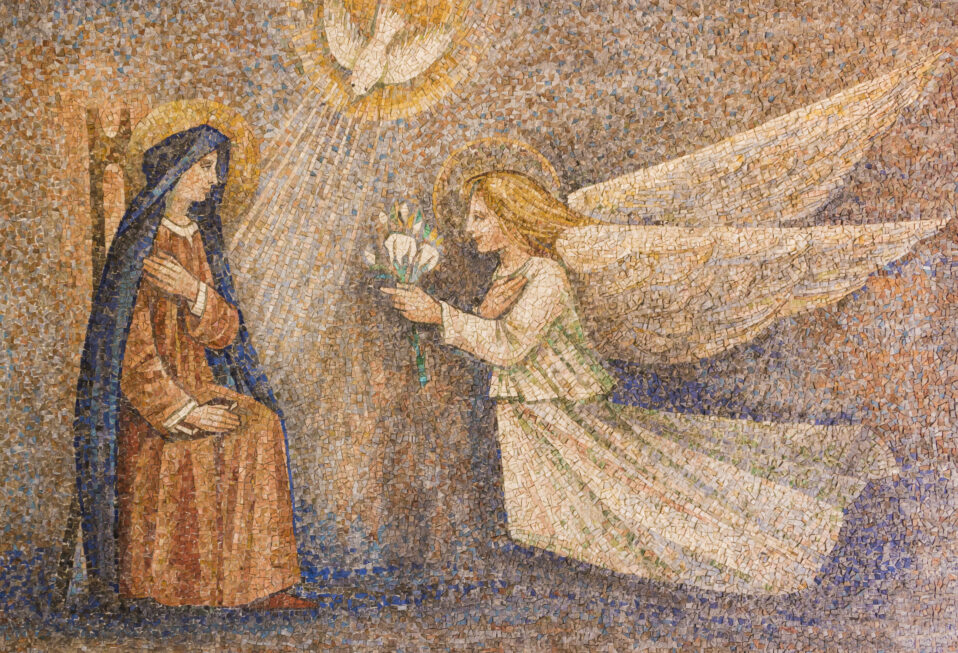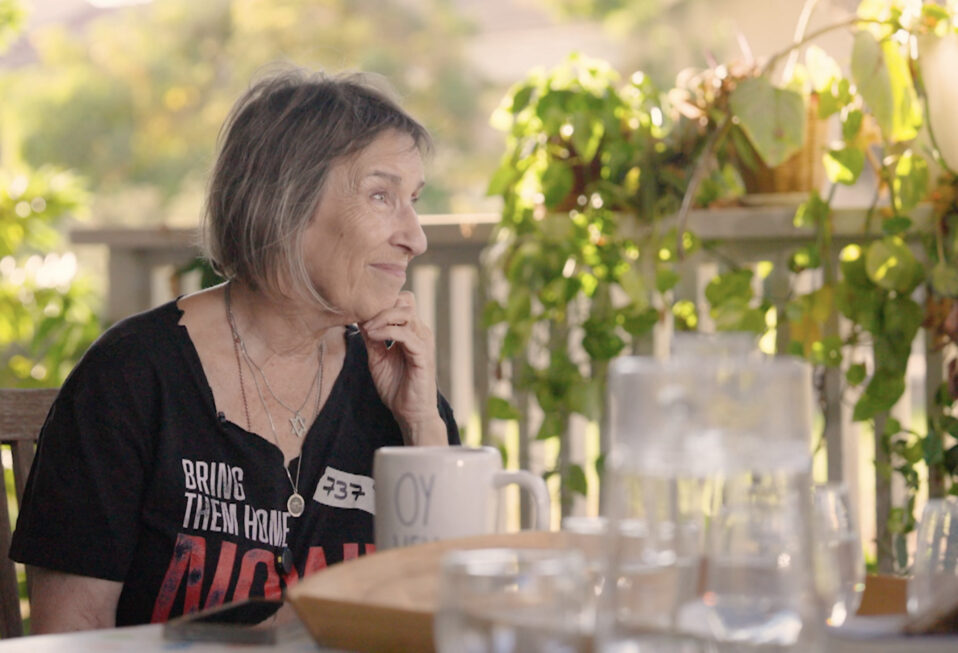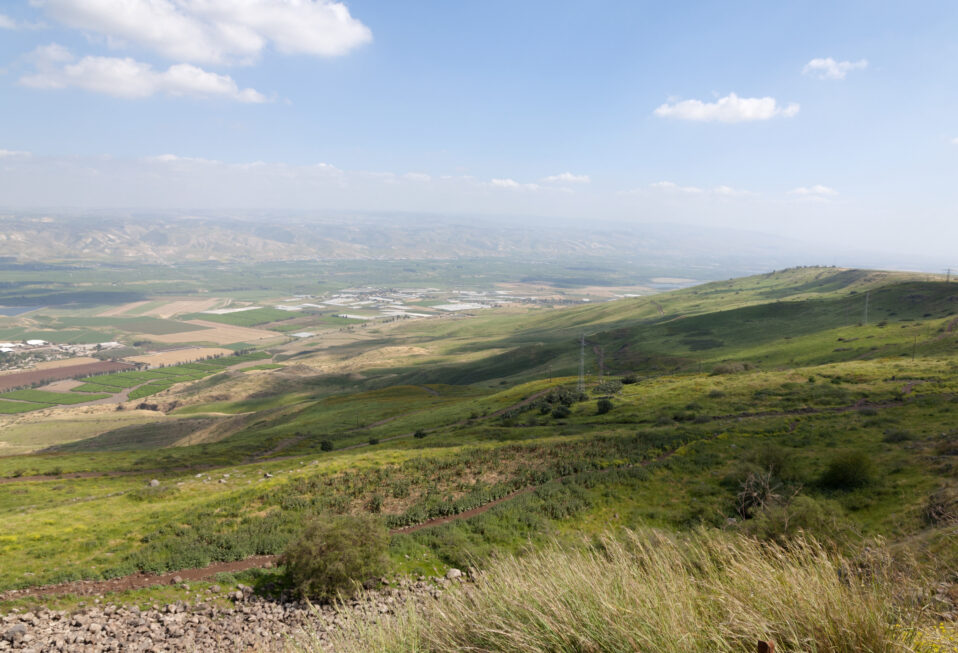By Arlene Bridges Samuels
Throughout years of travel introducing Christian leaders to Israel, one of the most memorable experiences has always been meeting members of the Israel Defense Forces. Whether standing on the Israel-Lebanon border or overlooking Syrian terrain, IDF briefings have consistently revealed the realities of enemy tactics and regional threats. At the conclusion of these gatherings, participants often expressed gratitude to the soldiers, recognizing that while they defend their own nation, they also stand on the front lines of freedom for the United States.
The enduring partnership between Israel and the United States continues to provide enormous benefits to both nations. Israel serves as America’s most trusted ally and as its eyes and ears in one of the world’s most volatile regions. As families gather around Thanksgiving tables to reflect on God’s blessings, prayers for the U.S. military, the Israel Defense Forces, and their families remain heartfelt and essential.
Together, Israel and the United States have worked to weaken the Islamic Republic of Iran’s military and nuclear ambitions. In the Twelve Day War this past summer, both nations significantly disrupted Iran’s nuclear infrastructure, delaying its program for months or even years. Since the Islamic Revolution of 1979, Iran’s extremist rulers have branded the United States as “the Great Satan” and Israel as “the Little Satan.” For decades, the regime has sought to expand its influence far beyond the Middle East, establishing a presence in the Western Hemisphere, particularly in Latin America.
Venezuela offers a striking example. Once the thriving jewel of South America, it has collapsed under the socialist dictatorships of Hugo Chavez and Nicolás Maduro. Now allied with Iran, Venezuela has become a focal point of Iranian activity in the region. For too long, Americans viewed Iran as a distant threat to Israel and Arab nations in the Middle East. That perception is no longer accurate. Venezuela stands today as a close ally of Iran, the world’s leading state sponsor of terrorism.
In September, controversy arose after President Trump authorized the destruction of illegal drug shipments from Venezuela bound for the United States. U.S. warships were stationed in the Atlantic as part of a broader effort to disrupt Iran’s growing foothold in the Americas. A Rand Corporation report revealed that Tehran has turned Venezuela into its weapons depot and trafficking hub. Since 2007, Iran has built factories in Venezuela to manufacture armed reconnaissance and kamikaze drones.
The partnership has generated billions for Maduro’s regime and allowed Iran to evade sanctions while expanding its “axis of resistance” against the West. The distance between Iran and the U.S. has effectively shrunk to roughly two thousand air miles. Elements of Iran’s elite Quds Force have even trained parts of Venezuela’s military.
Venezuela shares a border with Colombia, whose western coastline meets the Pacific Ocean. This geography facilitates the flow of drugs, weapons, and money through both the Atlantic and Pacific corridors. Hezbollah, an arm of the Iranian regime and a designated terrorist organization, remains active throughout Latin America. It operates in Venezuela, Colombia, Argentina, and other nations, financing its activities through drug trafficking, human trafficking, illegal mining, and identity theft.
According to The Daily Mail, Venezuela’s cooperation with terrorists extends beyond military ties. Between 2010 and 2019, the Maduro regime issued more than ten thousand passports to individuals from Iran and Syria. Lebanon, home to Hezbollah, also benefited from these arrangements. Determining how many of these individuals have entered the United States remains virtually impossible.
Hezbollah’s history in Latin America is long and deadly. In 1992, the group carried out a bombing at the Israeli embassy in Buenos Aires, Argentina, killing more than twenty people. Two years later, it bombed a Jewish community center in the same city, killing eighty-five and injuring more than two hundred others. These attacks were among the deadliest in the Americas before September 11, 2001. Although Israel has dismantled much of Hezbollah’s infrastructure in Lebanon, the group’s ideology of hatred continues to inspire acts of terror worldwide. Its growing presence in Latin America poses a renewed threat to both the United States and Jewish communities around the world.
Given Iran’s expanding influence in the Western Hemisphere, recent U.S. military strategies appear designed to disrupt the regime’s ambitions closer to home. On November 24, 2025, the U.S. State Department announced the designation of Venezuela’s Cartel de los Soles as a Foreign Terrorist Organization.
The statement declared: “Based in Venezuela, the Cartel de los Soles is headed by Nicolás Maduro and other senior members of the illegitimate regime who have corrupted Venezuela’s military, intelligence, legislature, and judiciary. Neither Maduro nor his cronies represent Venezuela’s legitimate government. Cartel de los Soles, along with other designated organizations including Tren de Aragua and the Sinaloa Cartel, is responsible for terrorist violence throughout our hemisphere as well as for trafficking drugs into the United States and Europe.”
The late Andrei Sakharov, Soviet physicist and human rights advocate, once observed, “A country which does not respect the rights of its own citizens will not respect the rights of its neighbors.” Venezuela’s alliance with Iran and its oppressive governance tragically illustrate this truth.
As Thanksgiving is celebrated across the United States, believers are reminded to give thanks for nations where Christians are free to worship, and to pray for those where persecution persists. Israel stands as a nation where Christians are protected and welcomed, a stark contrast to regions where they are targeted for their faith.
The U.S.-Israel partnership has proven mutually beneficial in countless ways. Israel’s investments in the American economy create thousands of jobs, while more than 2,500 U.S. firms maintain a presence in Israel. Israeli technology helps protect U.S. airports, cyberspace, and vital infrastructure. The two nations share not only intelligence but also a foundation of faith, freedom, and innovation that continues to strengthen their alliance.
As this season of gratitude unfolds, the CBN Israel team extends warm wishes for a memorable Thanksgiving. 1 Chronicles 16:34 reminds us: “Give thanks to the Lord, for He is good; His mercy endures forever.”
Prayer Points:
- Pray for the armed forces of the United States and Israel, and for the families who share their sacrifices for freedom.
- Pray for persecuted Christians in Nigeria, North Korea, Sudan, and other nations where faith is under attack.
- Pray for the 11,000 IDF soldiers diagnosed with mental health issues and physical injuries after two years of war.
- Pray for President Trump and Prime Minister Netanyahu to be guided by divine wisdom and protected as they lead their nations.
Arlene Bridges Samuels is the weekly feature columnist for CBN Israel since 2020. Working on the staff of the American Israel Public Affairs Committee (AIPAC) as their SE Regional Outreach Director for nine years, International Christian Embassy Jerusalem USA engaged her as the Leadership Outreach Director part-time for their project American Christian Leaders for Israel. Arlene is an author at The Blogs-Times of Israel, is published at AllIsrael.com and The Jerusalem Connection, and has traveled to Israel since 1990. By invitation, she attends Israel’s Government Press Office Christian Media Summits as part of Christian media worldwide. In 2024, Arlene and her husband Paul co-authored Mental Health Meltdown: Illuminating the Voices of Bipolar and Other Mental Illnesses. www.TheMentalHealthMeltdown.com.















